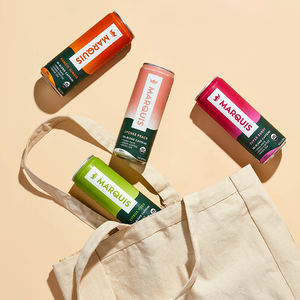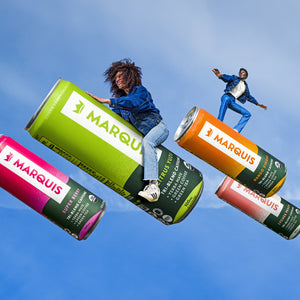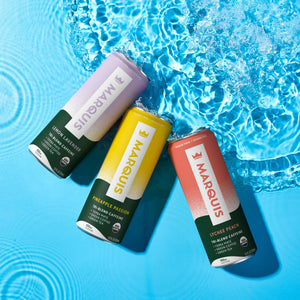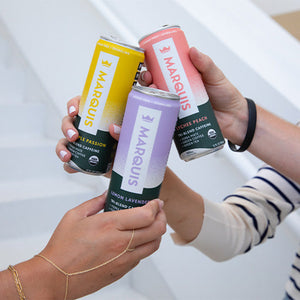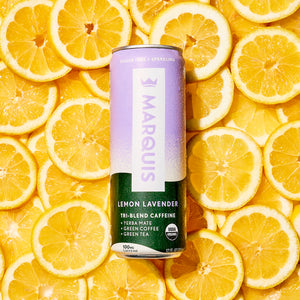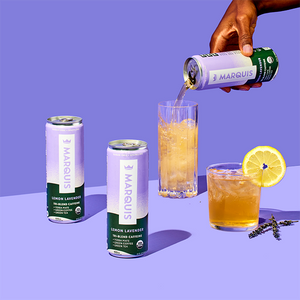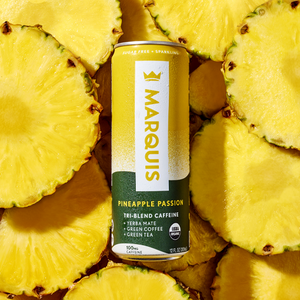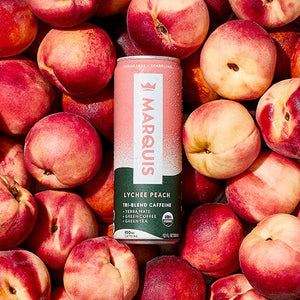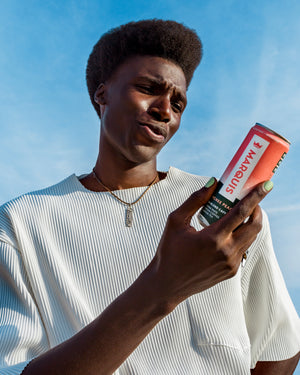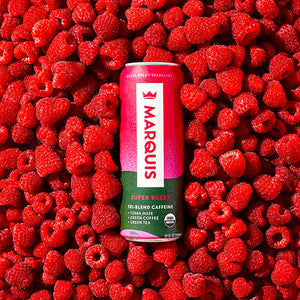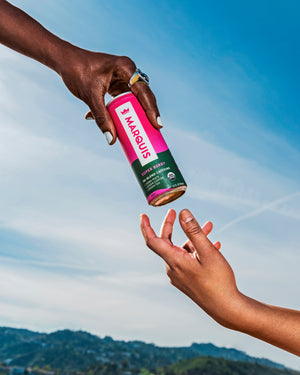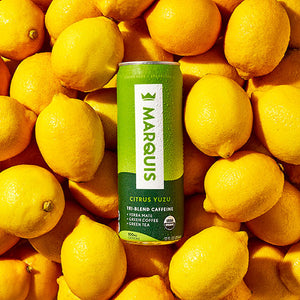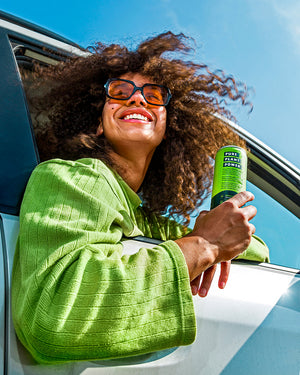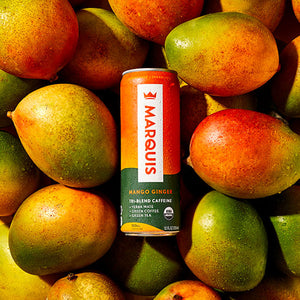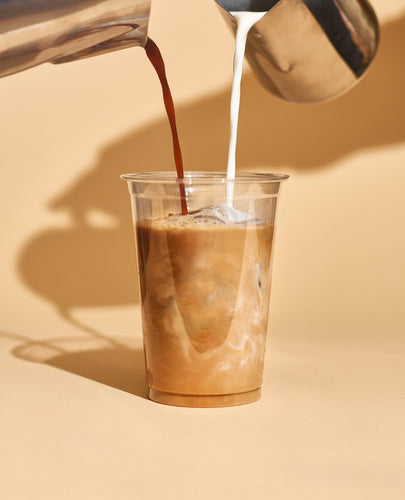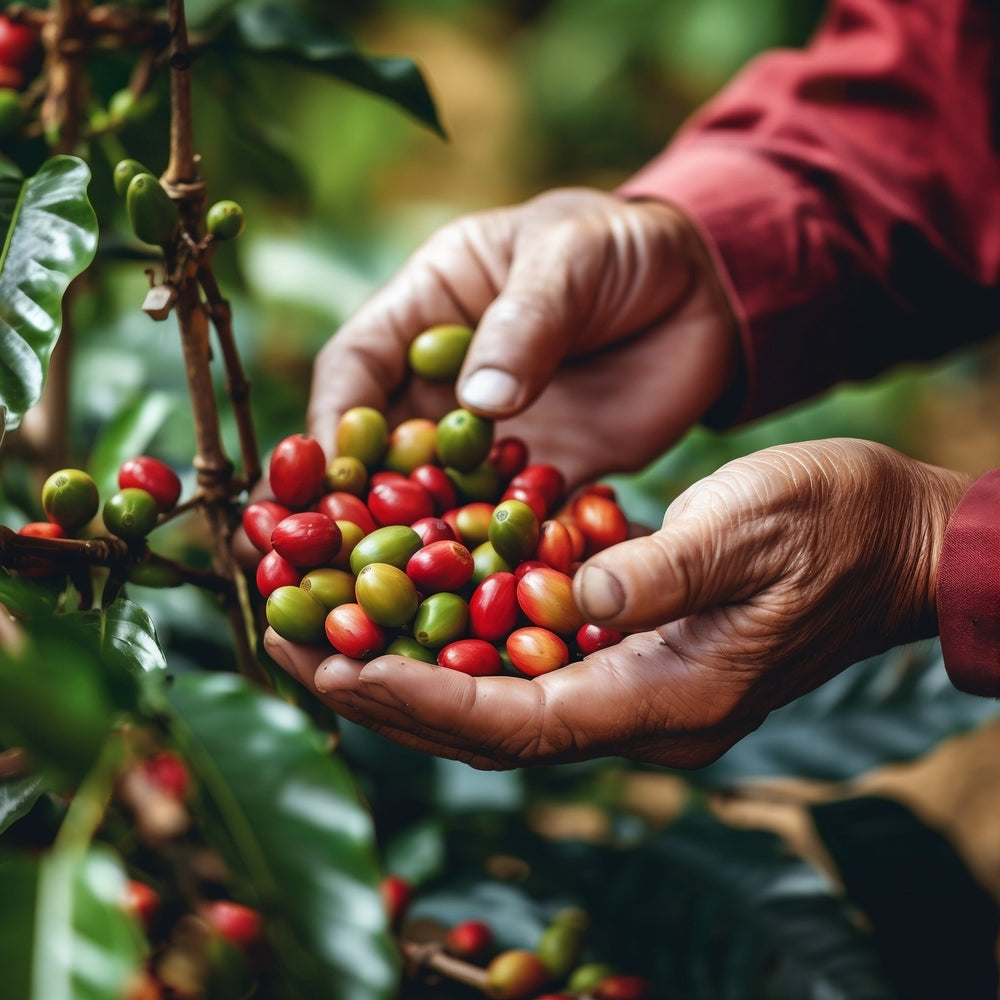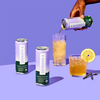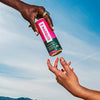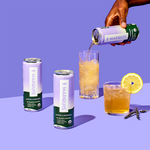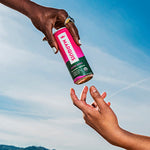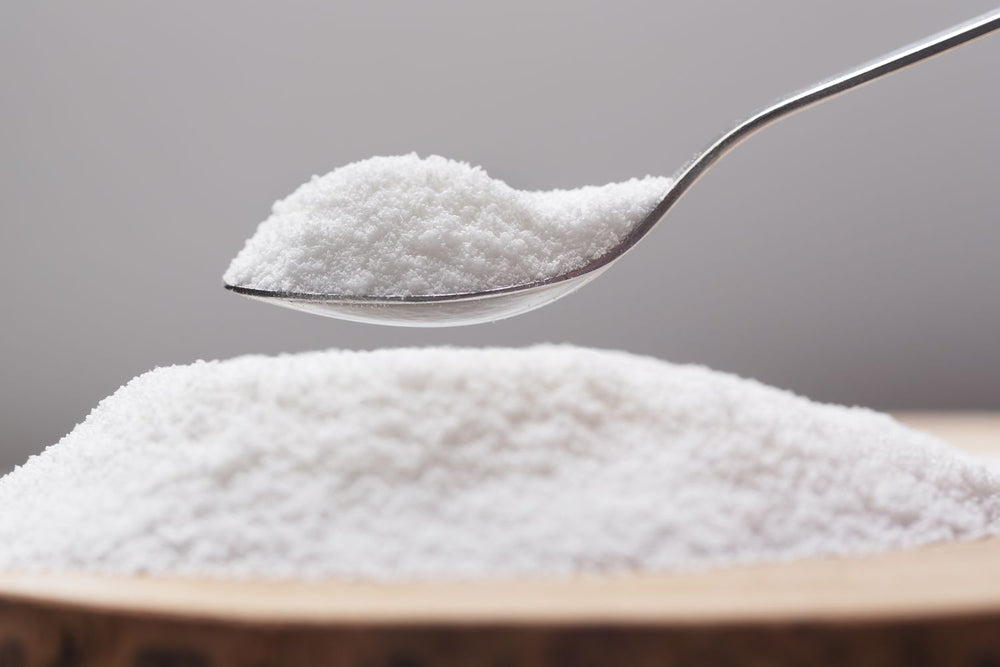
3 min read
Uncovering the potential DNA damage risks associated with sucralose consumption
The increasing prevalence of diabetes has prompted a widespread search for alternative sweeteners that can help diabetic individuals maintain a balanced and enjoyable diet. One such alternative is sucralose, a popular artificial sweetener that has gained considerable attention in recent years due to its high-intensity sweetness and minimal caloric content. However, emerging research has revealed potential risks associated with sucralose consumption, particularly concerning the potential for DNA damage.
Several studies have shown that consuming large amounts of sucralose can lead to oxidative stress, which in turn can cause significant damage to DNA. This can have serious implications for overall health and well-being, as DNA damage can lead to the development of various chronic diseases and conditions. While the exact mechanisms behind this damage remain unclear, it is crucial to further investigate the potential risks of consistent sucralose intake, especially for those populations that are already susceptible to developing diabetes.
One potential alternative to sucralose is monk fruit, a natural sweetener derived from the fruit of the Siraitia grosvenorii plant. Monk fruit has been used for centuries in traditional Chinese medicine and has recently gained popularity in the West due to its low glycemic index and minimal caloric content. Unlike sucralose, monk fruit has not been associated with the same risks of DNA damage, making it a potentially safer alternative for those looking to reduce their sugar intake without compromising their health.
In addition to the potential risks of DNA damage, sucralose has also been linked to other adverse health effects. For example, some studies have suggested a connection between sucralose consumption and the development of incontinence, a condition characterized by an inability to control one's bladder or bowel movements. While the exact relationship between sucralose and incontinence remains unclear, it is essential to consider these potential side effects when determining the overall safety of this artificial sweetener.
Given the potential risks associated with sucralose consumption, it is crucial for researchers to continue investigating the long-term effects of this sweetener on human health. By understanding the mechanisms behind sucralose-induced DNA damage and other adverse effects, scientists can better inform the public about the safest ways to manage their sugar intake and protect their overall well-being.
In conclusion, while sucralose offers a promising alternative for individuals with diabetes or those looking to reduce their sugar intake, it is essential to remain cautious about potential risks associated with its consumption. As research continues to uncover the potential DNA damage caused by sucralose, it may be prudent for consumers to explore alternative sweeteners, such as monk fruit, that have not been linked to the same health concerns. Ultimately, a balanced and informed approach to sugar substitutes is necessary to safeguard overall health and well-being.
Zero sugar caffeinated drinks: healthier alternatives to sucralose
In recent years, there has been a growing trend towards zero-sugar caffeinated drinks as consumers become more health-conscious and seek out healthier alternatives to traditional sugary beverages. These drinks often rely on artificial sweeteners, like sucralose, to achieve their sweet taste with fewer calories. However, emerging research suggests that sucralose, commonly known under the brand name Splenda, may not be as safe as once believed, potentially causing DNA damage and other health concerns.
Sucralose has been widely used in the food and beverage industry since its approval by the FDA in 1998. It became popular due to its ability to provide a sweet taste with zero calories, making it an attractive option for weight loss and diabetes management. However, recent studies have raised concerns about the safety of sucralose, with some research suggesting that it may cause DNA damage, leading to a higher risk of developing cancer. As a result, many individuals are questioning whether sucralose is bad for you and seeking out healthier alternatives.

Erythritol
Erythritol is a sugar alcohol found naturally in some fruits and fermented foods. It's a common sweetener in sugar-free products, including beverages, baked goods, and sugar-free desserts. Erythritol has a sweetness similar to sugar but with virtually no calories and a minimal effect on blood sugar levels. It is well-tolerated by most individuals and does not usually cause gastrointestinal discomfort or a laxative effect, even when consumed in relatively large amounts. This makes erythritol a popular choice among those seeking a sugar substitute with fewer side effects.

Luo han guo (Monk Fruit)
One such alternative is monk fruit, a natural sweetener that has been gaining popularity in recent years. Monk fruit is native to Southeast Asia and has been used for centuries in traditional Chinese medicine for its various health benefits. It is a zero-calorie sweetener that does not affect blood sugar levels, making it an ideal choice for those looking to cut back on sugar without sacrificing taste. Additionally, unlike sucralose, monk fruit has not been linked to any adverse health effects, making it a safer alternative for consumers.
Monk fruit, also known as Luo Han Guo, is a natural sugar alternative that has been used for centuries in traditional Chinese medicine for its numerous health benefits. The sweetener is derived from the fruit's extract and is known for its low calorie and low glycemic index values, making it an ideal sugar substitute for individuals with diabetes looking to control their blood sugar levels. Moreover, some studies have shown that monk fruit extract may also have potential anti-inflammatory properties, which could potentially help alleviate incontinence symptoms.
Monk fruit sweeteners can be found in a variety of zero-sugar caffeinated drinks, providing a healthier alternative to those containing sucralose. One such product is Marquis, a brand that offers a range of fruit forward flavors sweetened with monk fruit. These drinks provide an energy boost from organic caffeine derived from green coffee beans and yerba mate, without the potential risks associated with sucralose consumption.
As more research emerges on the potential dangers of sucralose, it is important for consumers to stay informed and make educated decisions about the products they consume. Zero sugar caffeinated drinks sweetened with monk fruit provide a healthier, safer alternative to those containing sucralose, enabling individuals to enjoy the benefits of a low-calorie, high-energy beverage without the potential risks.
If you're looking for a healthier alternative to Celsius energy drink or other products containing sucralose, consider trying Marquis. Their range of zero sugar caffeinated drinks, sweetened with natural monk fruit, offers a delicious and safe option for those seeking a tasty energy boost without compromising on their health.
Managing incontinence: how sugar alternatives like sucralose can impact bladder health
Diabetes is a chronic health condition that affects millions of people worldwide, and it can have a significant impact on an individual's overall health and well-being. One lesser-known yet important aspect of diabetes management involves addressing the issue of incontinence, which is a common complication for many individuals with this condition. Incontinence refers to the involuntary leakage of urine or feces, and it can occur as a result of diabetic neuropathy, which can damage the nerves that control bladder function. Given the challenges that diabetes presents to bladder health, it's essential for individuals with this condition to explore all possible avenues for managing incontinence, including dietary modifications such as the use of sugar alternatives like monk fruit and sucralose.
Sucralose, on the other hand, is a popular artificial sugar substitute that is created by modifying the structure of sucrose molecules. It is calorie-free, making it an attractive option for individuals with diabetes. However, there has been some controversy surrounding the potential health effects of sucralose, particularly with regards to its potential to cause DNA damage. Although the majority of research on sucralose has shown it to be safe for human consumption, some studies have raised concerns about the long-term safety of this artificial sweetener.
In terms of bladder health, it has been suggested that sucralose could potentially exacerbate incontinence symptoms for some individuals. While the research on this topic is limited, there have been anecdotal reports of individuals experiencing increased urinary frequency and urgency after consuming products containing sucralose. It is important to note that this evidence is purely anecdotal, and more research is needed to fully understand the potential relationship between sucralose and incontinence.
Considering the potential effects of sugar alternatives on bladder health, individuals with diabetes and incontinence should consult with their healthcare providers to determine the best course of action for their personal situation. It may be beneficial for some individuals to try incorporating natural sugar alternatives like monk fruit into their diets to see if it helps alleviate incontinence symptoms. Additionally, those who have experienced increased urinary frequency and urgency after consuming sucralose may want to consider alternative sugar substitutes or reduce their intake of products containing this artificial sweetener.
In conclusion, managing incontinence is an important aspect of overall diabetes care, and dietary modifications such as the use of sugar alternatives can play a role in this process. While natural sugar alternatives like monk fruit and Erythritol, the relationship between sucralose and incontinence remains unclear and requires further research. As always, individuals with diabetes and incontinence should work closely with their healthcare providers to determine the most appropriate dietary and lifestyle changes to help manage their symptoms. Ultimately, here at Marquis, we’ve opted to take the natural route to ensure reliable and sustainably sourced monk fruit sweeteners that can help contribute to the intake of antioxidants for immune support.
